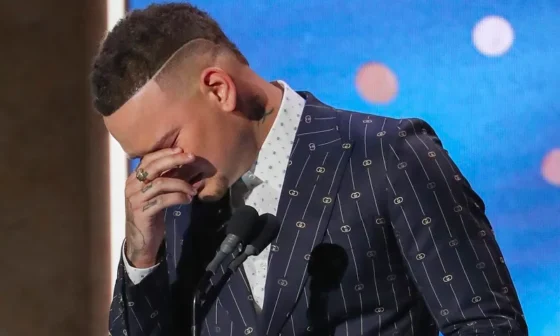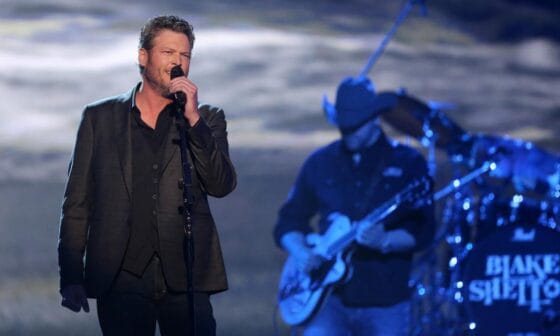
It was supposed to be the kind of moment baseball fans dream about. A father, glove ready, reached up and snagged a clean home run ball at loanDepot Park. Without hesitation, he turned and placed it in the hands of his son, who just happened to be celebrating his birthday. The boy’s smile lit up the section as fans cheered. For a brief, shining second, it was perfect.
Then came the disruption. A woman in a white Phillies jersey stormed into their row, demanding the ball for herself. She jabbed her finger, raised her voice, and pressed closer as the crowd began to boo. The boy clutched his gift tighter, his joy collapsing into confusion. His father tried reasoning, but when it was clear she wouldn’t relent, he made a heartbreaking decision: he slipped the ball from his son’s hands and gave it to her.
The boy’s face crumpled. Shoulders sagged. The birthday joy disappeared. Around them, fans jeered louder, furious at what they had just witnessed. Cameras caught it all, and within minutes the clip was racing across social media, sparking outrage nationwide.
But the story didn’t end in despair. Moments later, a Marlins staffer appeared, kneeling down to the boy’s level with a gift bag — baseballs, a jersey, and a signed card. The section erupted in applause. And then came the moment no one could have scripted: Harrison Bader, the player who had hit the home run, met the boy after the game and handed him a signed bat, crouching low and saying four simple words: “This one’s for you.”
The contrast couldn’t have been sharper. The woman walked away with a baseball. The boy walked away with a bat, memorabilia, and a memory that will last a lifetime. What began as humiliation had transformed into a lesson in dignity, kindness, and the way baseball has of writing its own redemption stories.
By the next day, the clip had surpassed 20 million views. Hashtags like #LetTheKidKeepIt and #DadOfTheYear dominated timelines, while late-night hosts and ESPN analysts weighed in. One anchor summed it up best: “There’s no written rulebook, but there is a moral code — and you don’t take from a kid at the ballpark.”
The fallout for the woman has been merciless, her identity dissected online, her reputation overshadowed by the viral moment. For the father, however, the opposite is true: he has been praised for putting his son’s emotional safety above his pride. And for the boy, the memory of his birthday will now forever be tied not to a stolen baseball, but to a bat given with kindness and four words that restored the magic.
In the end, the woman may have left with the ball, but the boy left with something far greater: justice, dignity, and the proof that baseball’s unwritten code — protect the kids — still matters.




